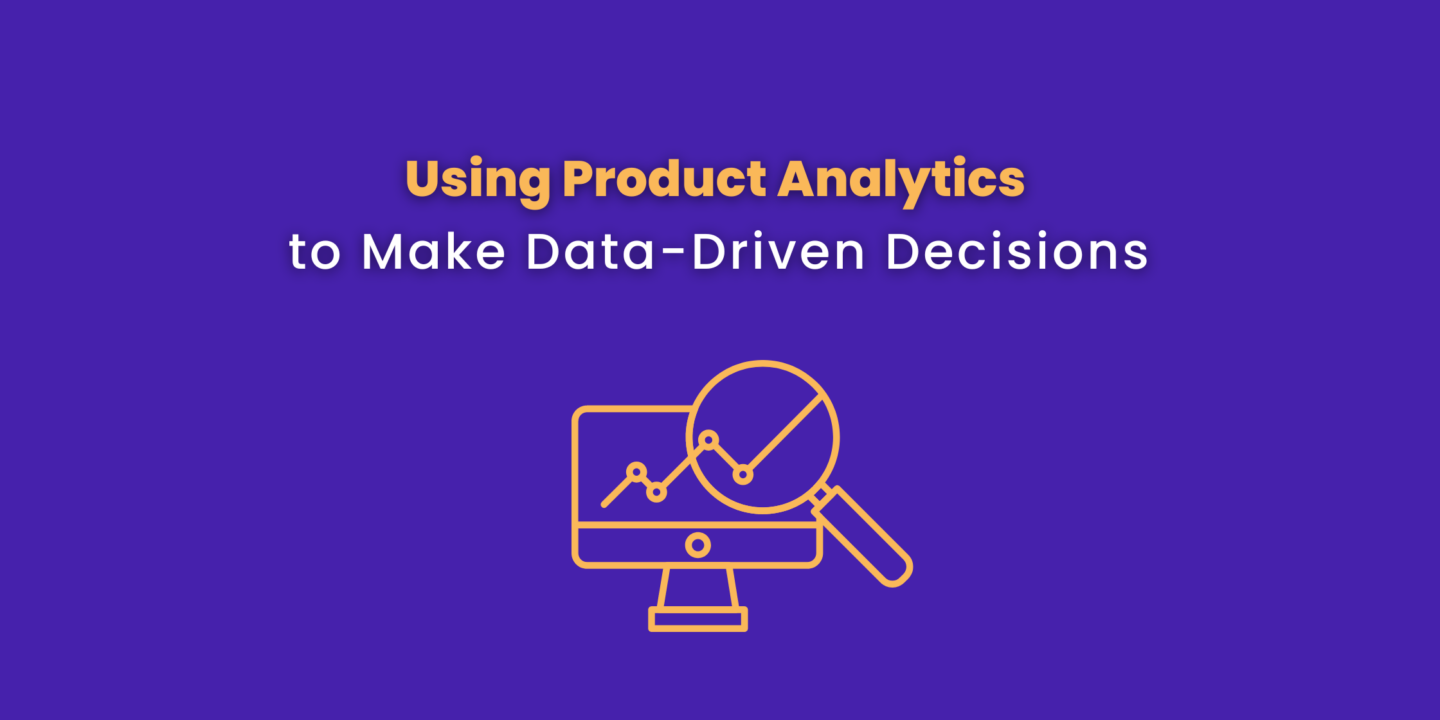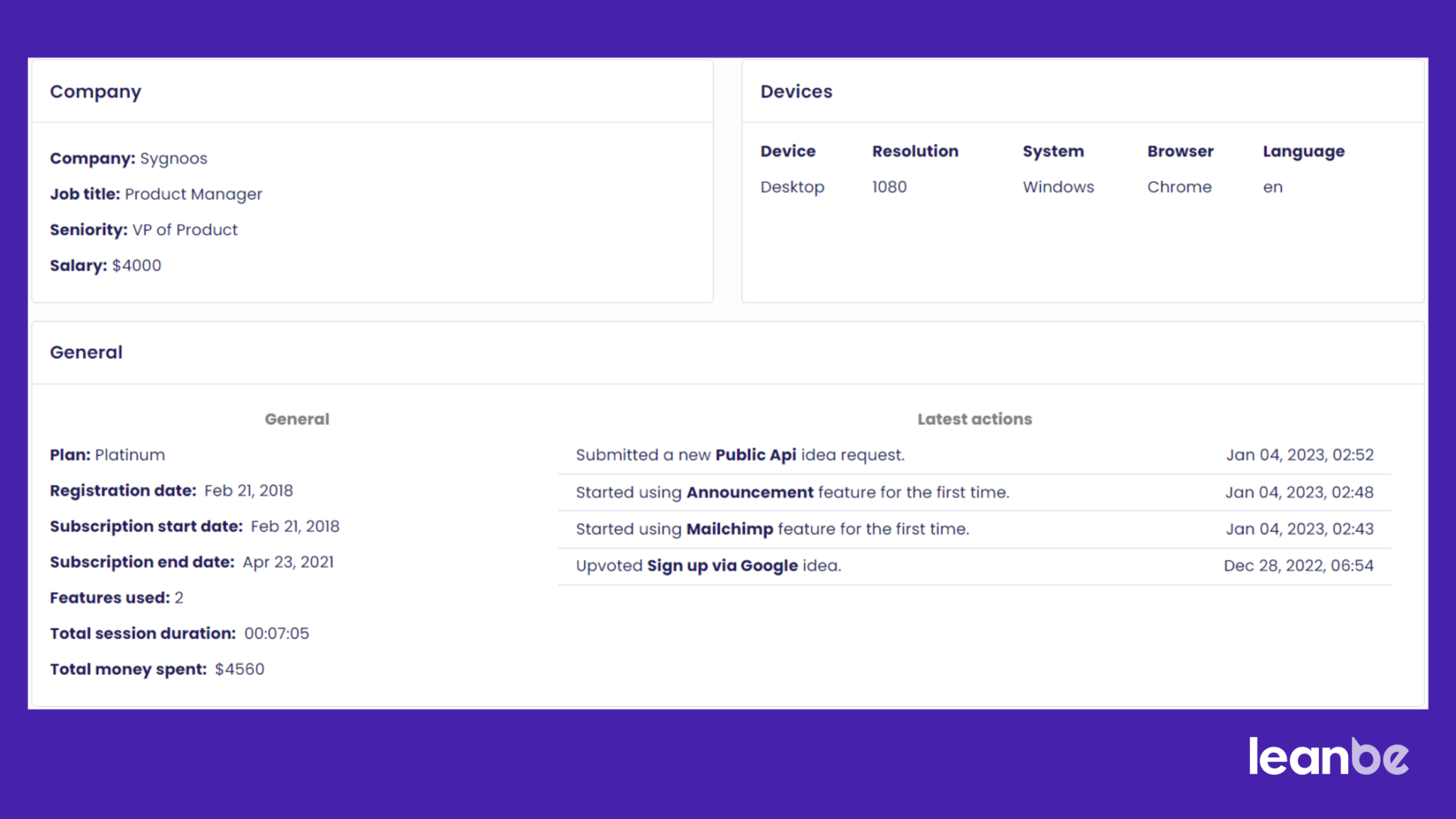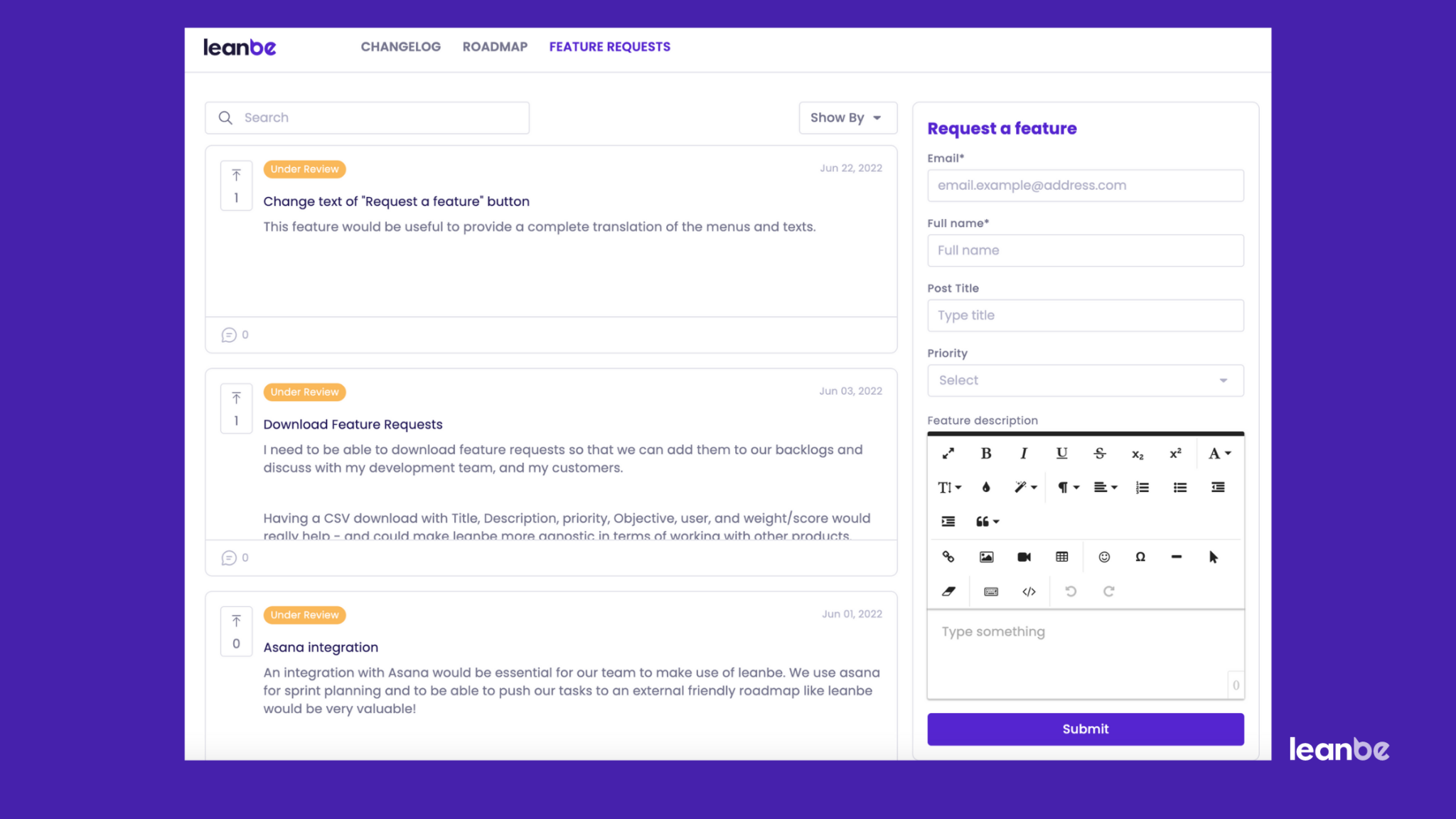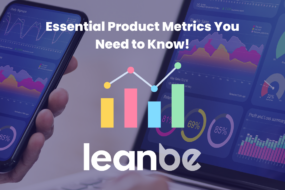

Using Product Analytics to Make Data-Driven Decisions
Every product is in a constant state of development, and product analytics play a major role in that.
Data being collected and analyzed takes product management to the next level by providing product teams with a backed action plan.
Striving to be data-driven when making decisions about product enhancements, you need product analytics.
Product teams can’t guarantee whether the changes they have implemented were effective or even required unless they assess and analyze the outcomes.
Let’s find out what product analytics are and how they can help product managers and product teams to adopt a data-driven approach.
What’s product analytics?
For marketers and sales representatives, analytics play a great role in the successful outcomes of their work. This is also true for product teams and, more specifically, for product managers.
If you understand usage data within your product and can apply it for rational decision-making, you know exactly how product analytics work.
Product analytics provide user and customer insights thanks to the product data collected from multiple sources.
Thus, product analytics play a significant role in the effective development of your product in the long run. Long gone are the days when products were grown based on gut instincts or biased decisions.
How product data and product analytics can help product managers
Data in product analytics can help find out who you’re building your products for. It’s called the product discovery phase: simply the most important phase of developing a product. Product analytics provide answers to questions like:
- Do users utilize this or that feature, or not?
- What is the typical workflow for the user?
- Do users adapt to new features or not?
This approach is all about putting the customer first, which guarantees a product-market fit, long-term value, and growth for your product.
The role product analytics play in product development
According to Monty G. Myers, founder, and CEO of Eureka Software Solutions, Inc, product analytics play five primary roles in product development.
Those are:
- Product viability
By analyzing raw data, developers can create a smooth and estimated launch process.
- Informed product decision-making
Due to this data-driven approach, decision-makers in product teams can operate more objectively.
- Product progress measurement
Product analytics can help to set up an accurate roadmap for measuring the product’s advancement.
- User experience insights
Analytics can help product teams to learn about the reason users buy their products and how they use them.
- Product development inspiration
Product analytics can serve as a source of innovation and unique insights for the future of products, as well as for future products.
As we can see, product analytics plays a major role in the future of any product development. Analyzing data is crucial since, due to that, product teams get valuable insights into customer demand, customer involvement level, product usage, etc.
We value product analytics at Leanbe as well, which is reflected in our data-driven approach.: our data–driven approach is reflected in the way Leanbe functions.
For example, we provide you with an embed code, which you can use to track any event you like that happens in your product. Events such as clicks, page views, conversions, etc.

Why product managers must understand data
Data has a strong presence across all industries in modern-day life, especially in the lives of product managers.
A survey by Splunk talks about the fact that companies that focus on data as part of their strategy have added 83 percent more revenue to their topline and 66 percent more profit to their bottom line at the beginning of 2020.
Your capacity to understand, collect, manage, and obtain valuable insights from data is one of the strongest skills as a product manager.
In other words, understanding data on a more advanced level can help you to perfect the product your team is working on.
But you don’t have to be an expert in data science and data analysis in order to be a great product manager and to build a solid career.
As a product manager, you just have to be comfortable working with data every single day, which is made easy for you, thanks to Leanbe.
Leanbe can help product managers in accurate data collection, based on which they can:
- Analyze competitors
- Prioritize features effectively
- Create a solid public roadmap
- Set up and track OKRs consistently
- Track feature usage
- Review outcomes

Data-Driven or Data-Informed?
Today, it’s vital for you to maintain a data-informed and data-driven approach, according to Esha Shukla, the Sr. product manager of WhatsApp.
She explains that when you’re data-driven, you might do some testing and make a decision about the solution based on test results. This may result in poor quality for the users since you trusted standard metrics which are technically good for the business.
On the other hand, when you’re data-informed, you’re likely also to trust data.
However, in this case, you assist data with certain principles to build something that has a lasting value for the user.
Shukla’s advice on how to balance the two above is to:
- exchange thoughts with your data scientist/ analyst to find out what sources of data your team utilizes
- work with design and research to establish product principles to pair with data usage in the future.
When planning the development process for product teams, data can make a decisive impact on the outcome of your actions. That’s why it’s vital to have effective product analytics and strategies accompanying the processes.
Leanbe helps you create your own strategy and framework by maintaining data as your effective basis for decision-making.




